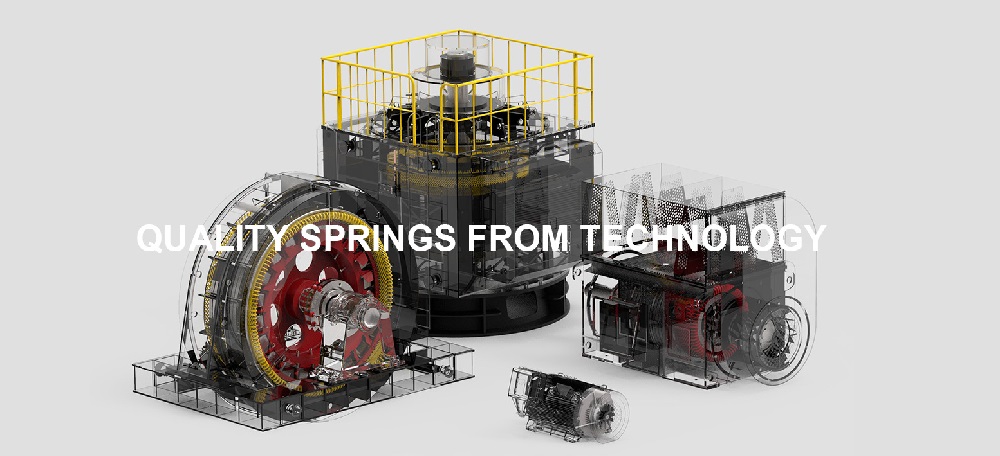What Are Advantages of Squirrel Cage Asynchronous Motor

A three-phase squirrel-cage induction motor is a three-phase induction motor that works on the electromagnetic principle. It is called a "squirrel cage" motor because the rotor inside it - called a "squirrel cage rotor" - looks like a squirrel cage.
This induces a current in the rotor winding, which generates its own magnetic field. The interaction of the magnetic fields generated by the stator and rotor windings produces torque in the squirrel cage rotor.
Principle of operation
When three-phase power is supplied to the stator winding, it creates a rotating magnetic field in space. This rotating magnetic field has a speed called synchronous speed.
This rotating magnetic field induces a voltage in the rotor bars, so short-circuit currents begin to flow in the rotor bars. These rotor currents generate their own magnetic field, which will interact with the stator's magnetic field. The rotor magnetic field will now try to be the opposite of its cause, so the rotor begins to follow the rotating magnetic field.
When the rotor captures the rotating magnetic field, the rotor currents drop to zero because there is no longer any relative motion between the rotating magnetic field and the rotor. Therefore, the rotor is subjected to zero tangential force at this point, so the rotor temporarily decelerates.
After the rotor decelerates, the relative motion between the rotor and the rotating magnetic field is re-established, so that the rotor current is again induced. The tangential force of rotor rotation is then restored and the rotor starts to follow the rotating magnetic field again, thus maintaining a constant speed which is just less than the speed of the rotating magnetic field or synchronous speed.
Three-phase Asynchronous Motor
Motor Structure
The squirrel cage induction motor consists of the following parts.
Stator
It consists of a three-phase winding with an iron core and a metal case. The windings are placed in such a way that they are electrically and mechanically separated from space by 120 o. The windings are mounted on a laminated iron core to provide a low reluctance path for the magnetic flux generated by the AC current.
Rotor
It is the part of the motor that will rotate to provide the mechanical output for a ration of electrical energy. The nameplate mentions the rated output of the motor in terms of horsepower. It consists of shaft, short-circuited copper/aluminum bar and core.
Squirrel cage rotor
The rotor core is of laminated construction to avoid power losses due to eddy currents and hysteresis. The conductor is tilted to prevent cogging effects during starting operation and to provide a better variable voltage ratio between stator and rotor.
Fan
The fan is attached to the back of the rotor to provide heat exchange, so it keeps the motor temperature within a certain range.
Bearings
Bearings are provided as the basis for rotor movement and the bearings keep the motor rotating smoothly.
Applications
Squirrel cage induction motors are commonly used in many industrial applications. They are particularly well suited for applications where the motor must maintain a constant speed, be self-starting, or require low maintenance. These motors are typically used in.
Centrifugal pumps
Industrial drives (e.g. running conveyor belts)
Large blowers and fans
Machine tools
Lathes and other turning equipment
Y Large High Voltage Water Pump, Fan Squirrel Cage Motor
Advantages
Some of the advantages of squirrel cage induction motors are
They are low cost
Require less maintenance (because there are no slip rings or brushes)
Good speed regulation (they are able to maintain a constant speed)
High efficiency in converting electrical energy to mechanical energy (during operation, not during start-up)
have better thermal regulation (i.e. less hot)
are small and lightweight
Explosion-proof (because there are no brushes to eliminate the risk of sparks)
Disadvantages of squirrel cage asynchronous motors
Wanna know where to buy Low Voltage Squirrel Cage Motors? Follow ZCL group and contact us today.
193
0
0


Comments
All Comments (0)